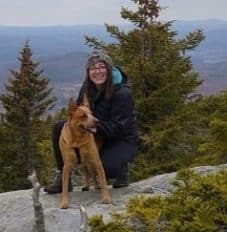 Social Anxiety Disorder. It’s much more than just being shy or identifying as an introvert. It’s the debilitating fear of rejection and judgment. It’s desperately wanting close, meaningful relationships, yet avoiding others at all costs because that fear of rejection far outweighs the desire for social connection.
Social Anxiety Disorder. It’s much more than just being shy or identifying as an introvert. It’s the debilitating fear of rejection and judgment. It’s desperately wanting close, meaningful relationships, yet avoiding others at all costs because that fear of rejection far outweighs the desire for social connection.
Take Jane, for example: She reads her syllabus on the first day of class and learns that she must give an oral presentation at the end of the year. She feels her heartbeat race, sweat drip down her back. Her thoughts begin to race, and she plans ways to be excused from the assignment. Before she knows it, the class has ended, and she can’t recall a thing the teacher has said. She leaves school in a panic, even though classes aren’t over. The next day, she insists that she cannot go to school again and remains in bed all day, still worried with racing thoughts and physical symptoms of anxiety. This is what Social Anxiety Disorder can look like to a young person.
When social anxiety becomes debilitating, it can happen quickly, and it can grow monstrous in short order. A person who has social anxiety can lose all hope of ever feeling better. They can become paralyzed by their anxiety. This can cause them to avoid everything that might increase their anxiety. This avoidance provides short term anxiety relief but can increase their anxiety in the long term.
The good news is it can get better. It is not easy, but with work it is possible.
Overcoming Social Anxiety Disorder
The first step in overcoming social anxiety is acknowledging that you may need help, whether that is with your parents, sibling, trusted teacher, or therapist. It is not easy to admit that you need help but living paralyzed by your social anxiety isn’t any easier. Once you start talking about it, the next steps will fall into place.
Adolescent social anxiety can become so severe that a teen may benefit most from formal therapeutic interventions. In therapy, they can engage in cognitive behavioral therapy (CBT), exposure and response prevention (ERP), and acceptance and commitment therapy (ACT). These types of therapy are used to teach the client about social anxiety, how avoidance perpetuates it, and skills to help better tolerate uncomfortable situations. Most importantly, the young person learns how, in order to overcome the anxiety and decrease its power, they must stop avoiding their anxiety triggers. Rather, they must face the situations that induce anxiety and train their brain that they can tolerate the discomfort that arises. This is the very important and effective ERP work that plays a significant role in the treatment of social anxiety.
How Therapy Can Help
Residential treatment programs might serve as the gold standard for anxiety treatment because the treatment occurs every minute of every day. The intervention is much more than what occurs in the therapy office. A resident will learn the concepts and skills associated with CBT, ERP, and ACT during individual therapy sessions, then implement and practice them throughout the residential program. The client and the therapist will identify exposures to engage in to target the anxiety, prepare for the exposures, and even practice them in therapy. During community activities, like a hike, these exposure opportunities will arise naturally.
Research shows that ERP is most effective, and treatment benefits last longer, when the exposure work is engaged in repeatedly and consistently. For an individual with social anxiety, natural exposures arise constantly. On one hand, this sounds awful for someone who is paralyzed by their social fears. On the other hand, this is a beautiful opportunity to challenge their anxiety, practice tolerating uncomfortable situations, and work towards overcoming the debilitating nature to their anxiety on a consistent basis.
One additional benefit of residential care of social anxiety treatment, is that the resident’s ability to avoid their anxiety is minimized, their opportunities to develop and practice social skills expands, and they are surrounded by clinical support 24 hours a day, 7 days a week. There is no better place to confront fears and cease avoidance because they are with a trained support person, who deeply cares for their wellbeing, every moment of every day. There is no better time than now when it comes to anxiety treatment. And when it comes to a safe, supportive environment to confront deeply rooted, long-standing fears, I would argue that there is no better place than Mountain Valley.
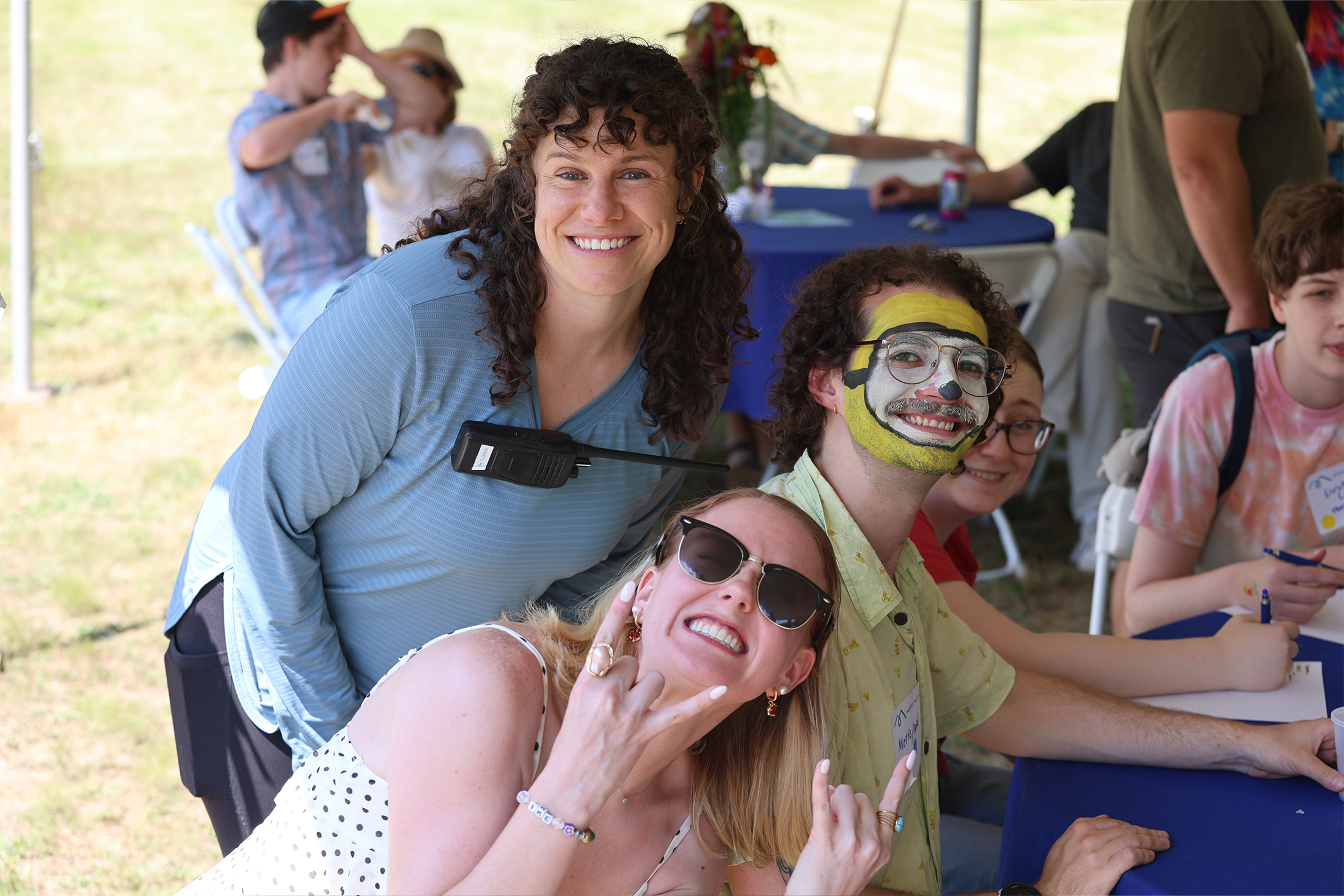
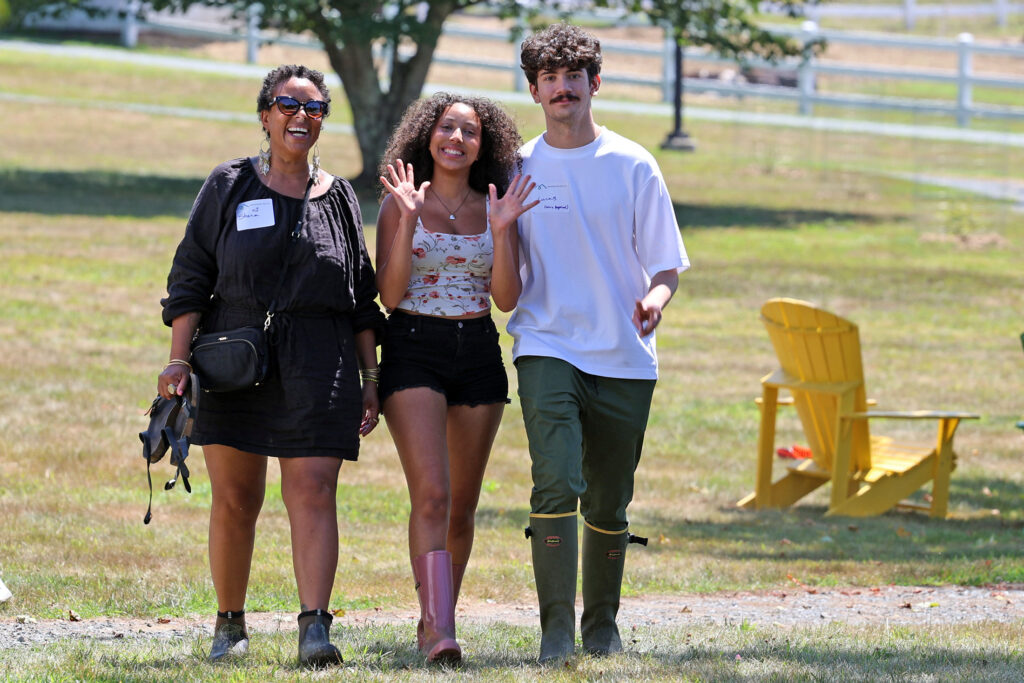
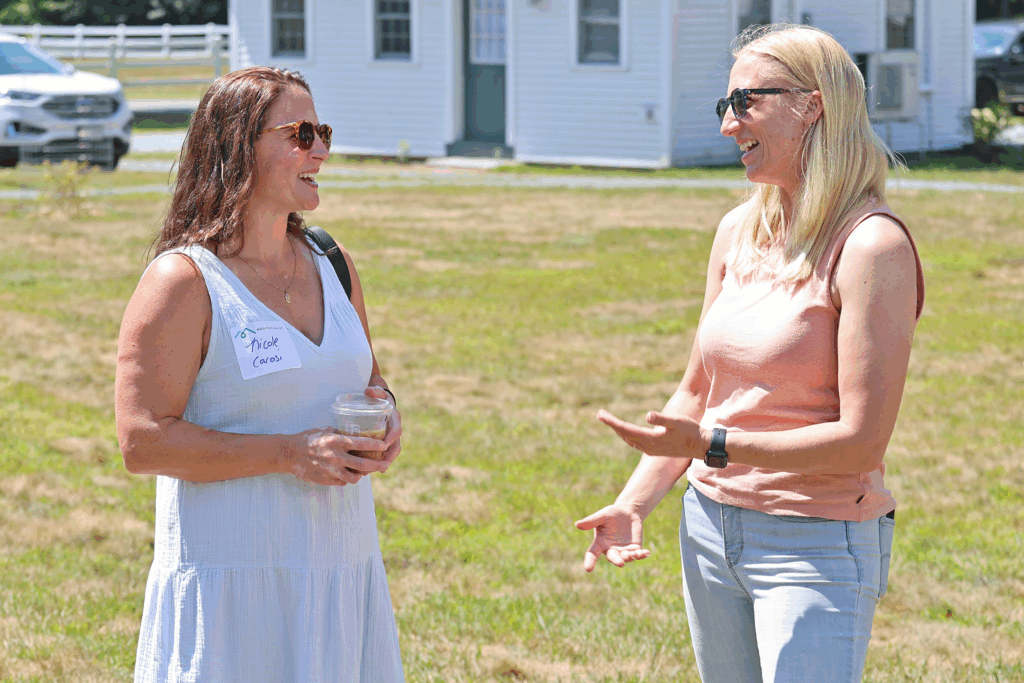
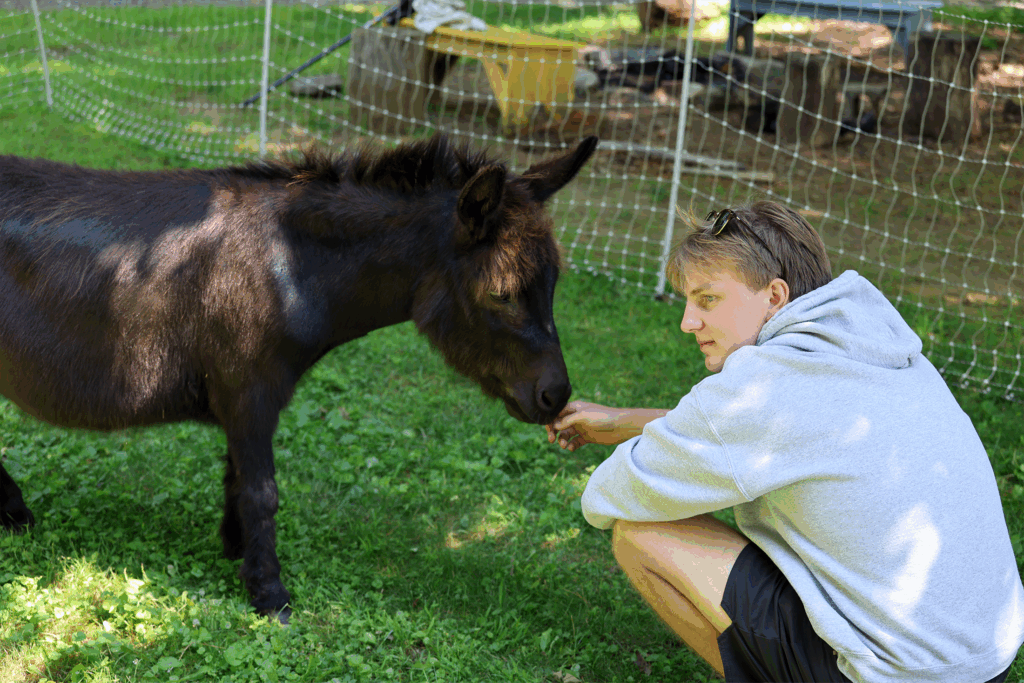
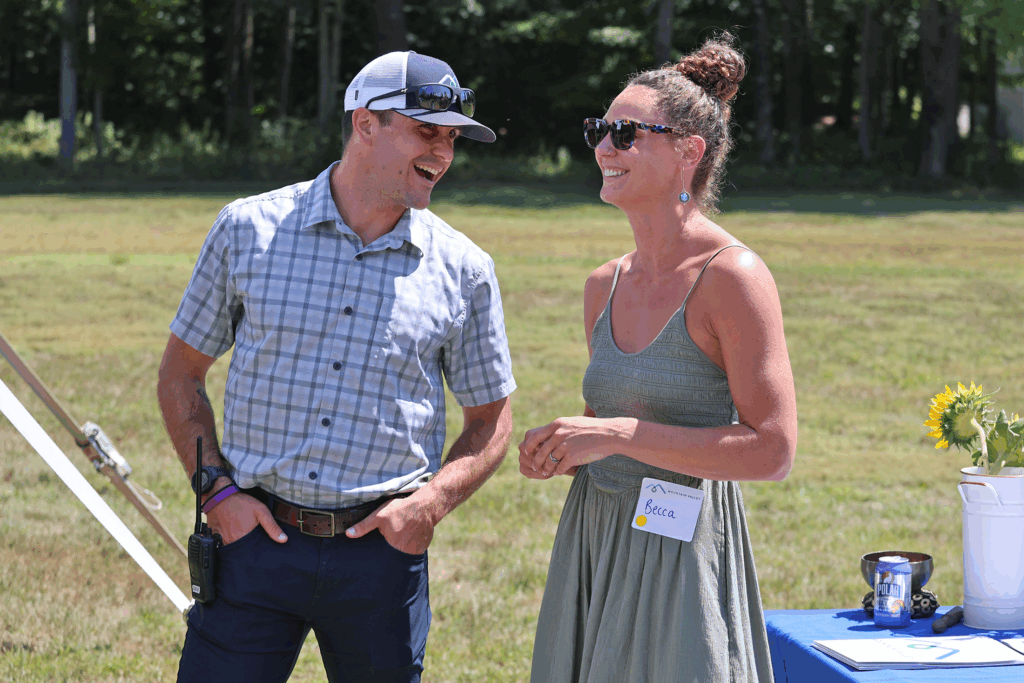
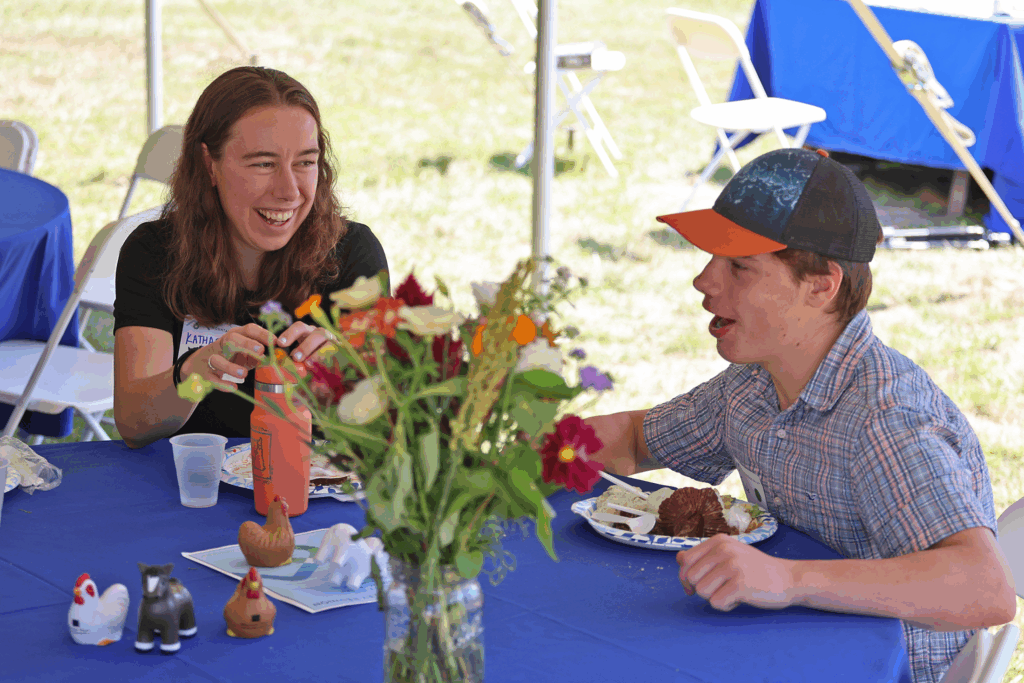
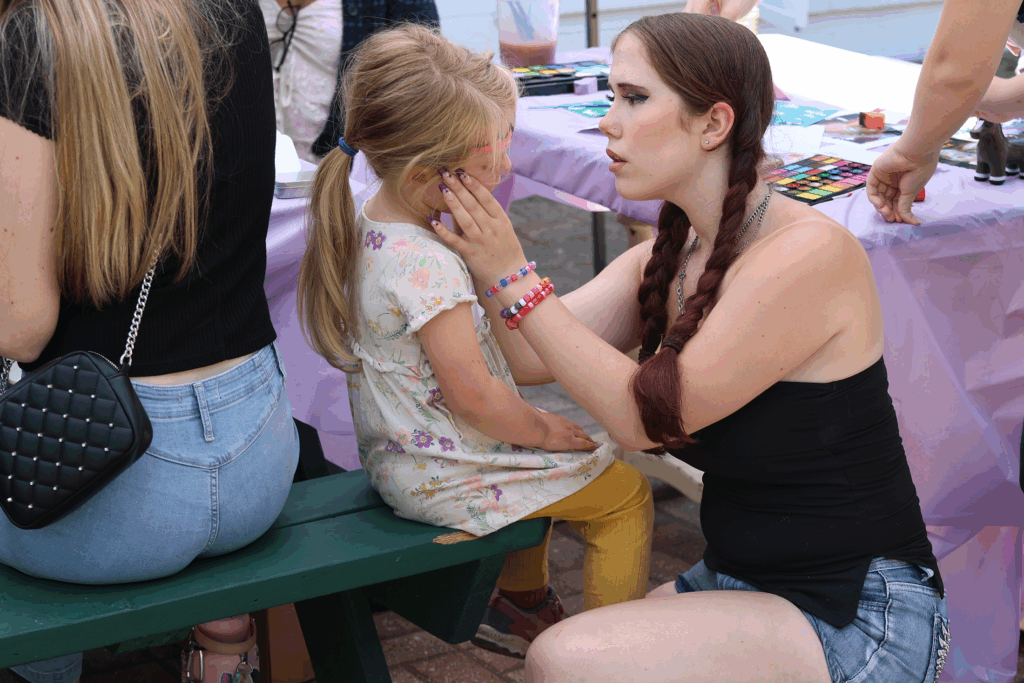
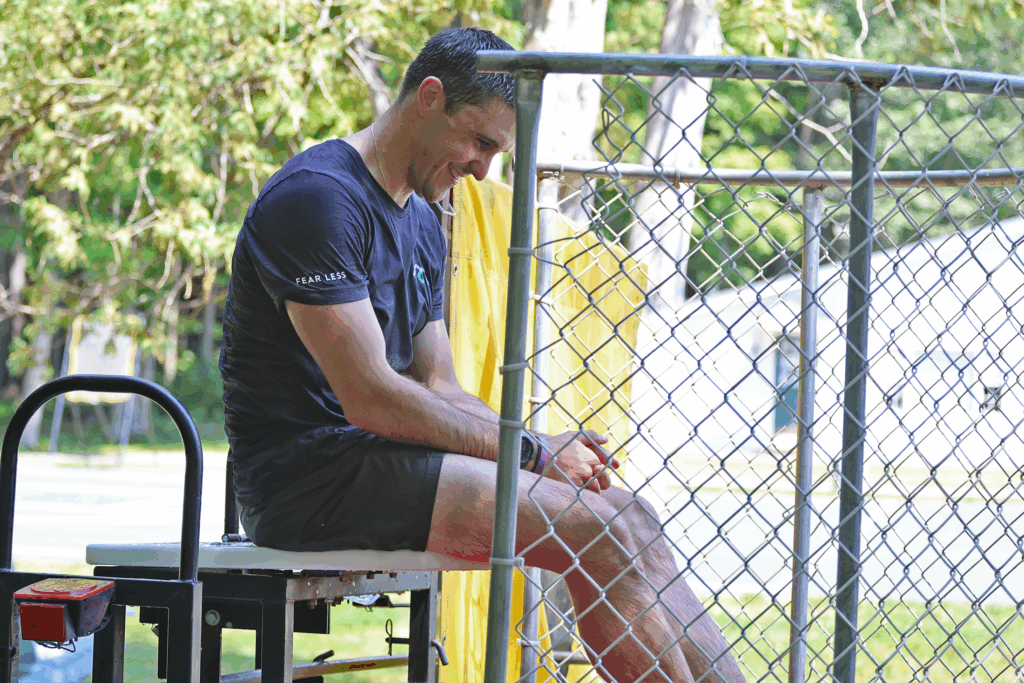
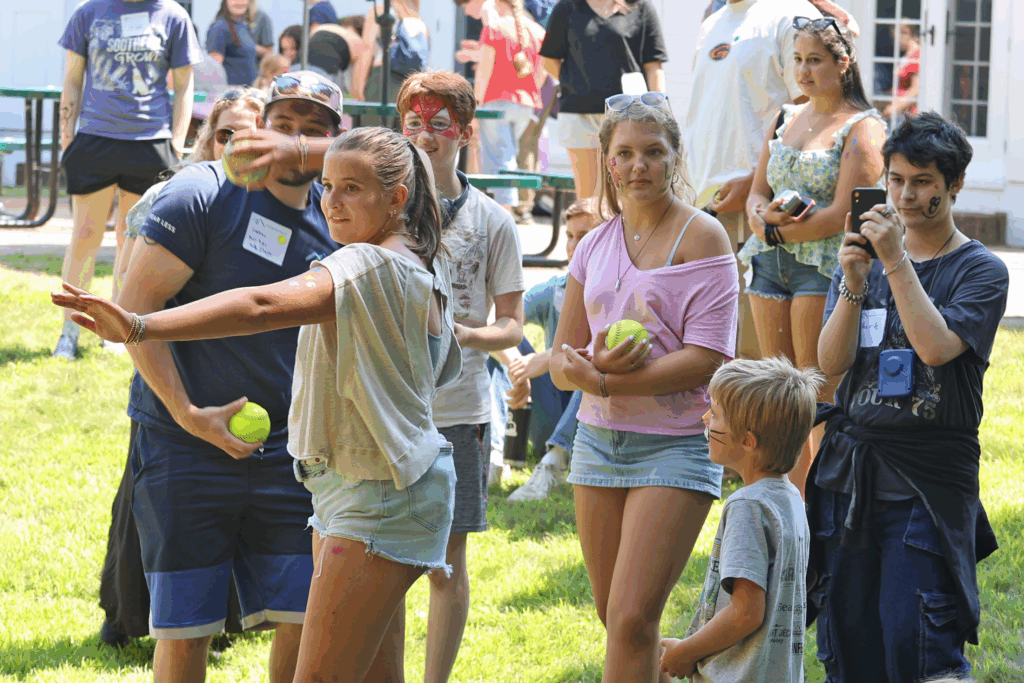
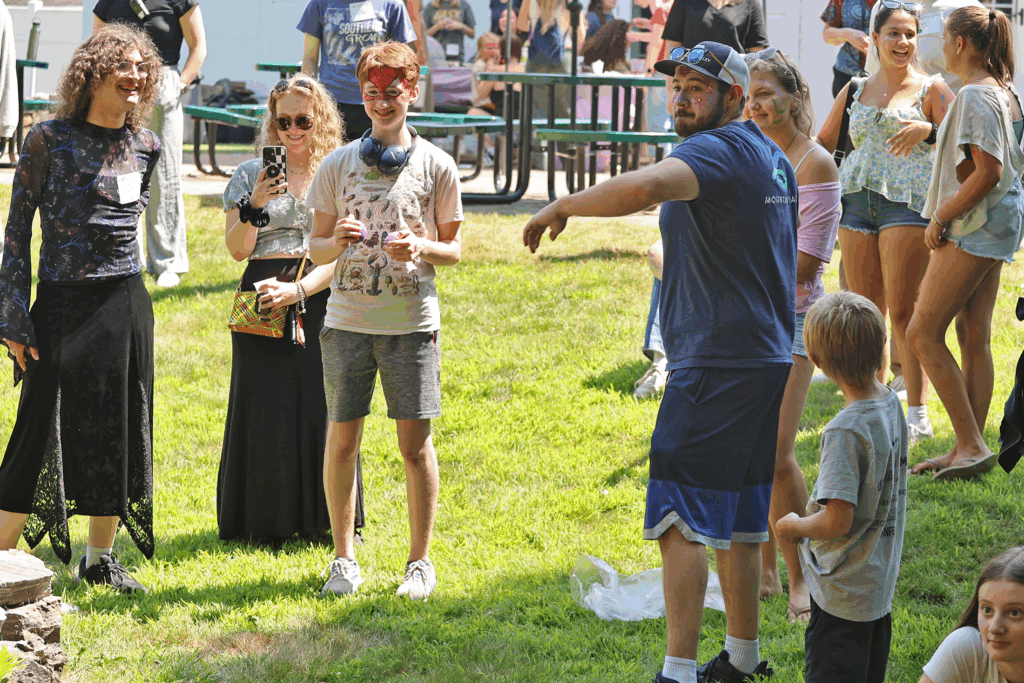
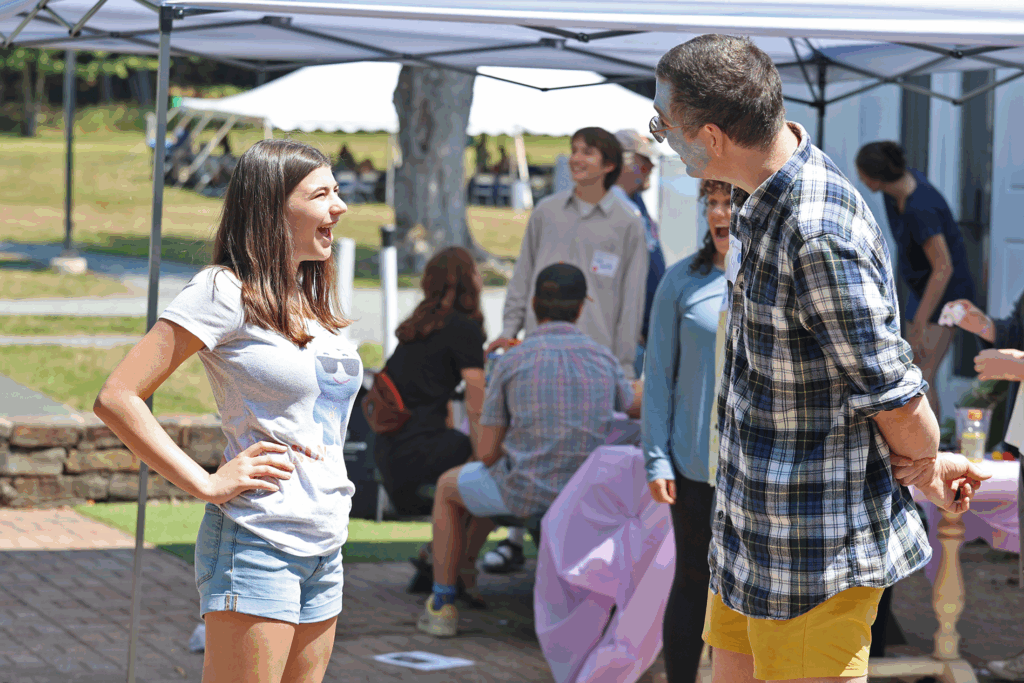
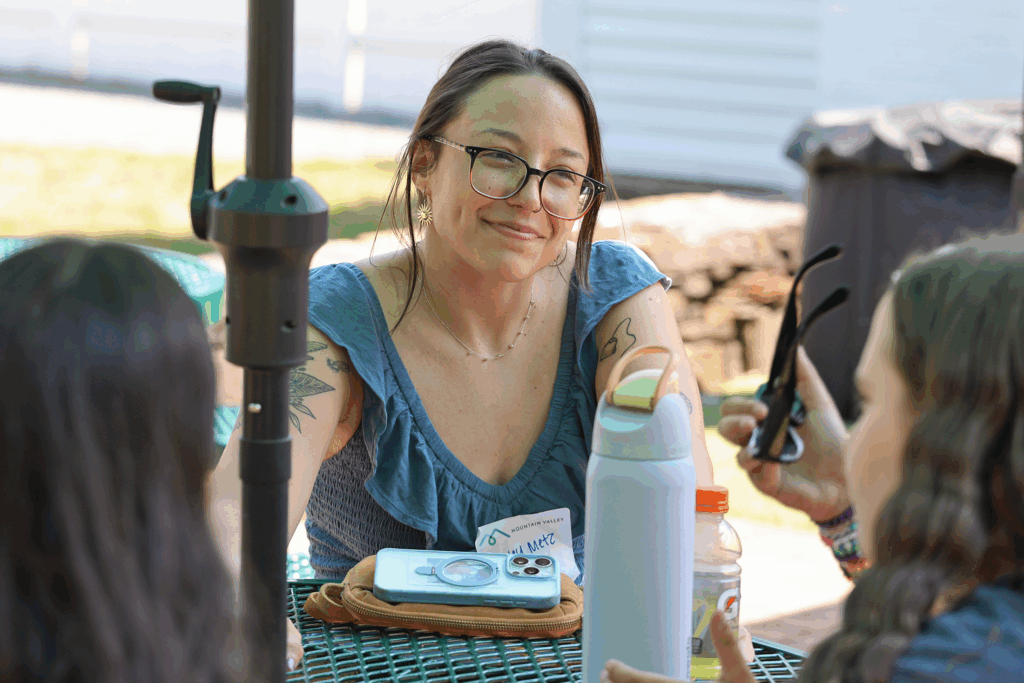
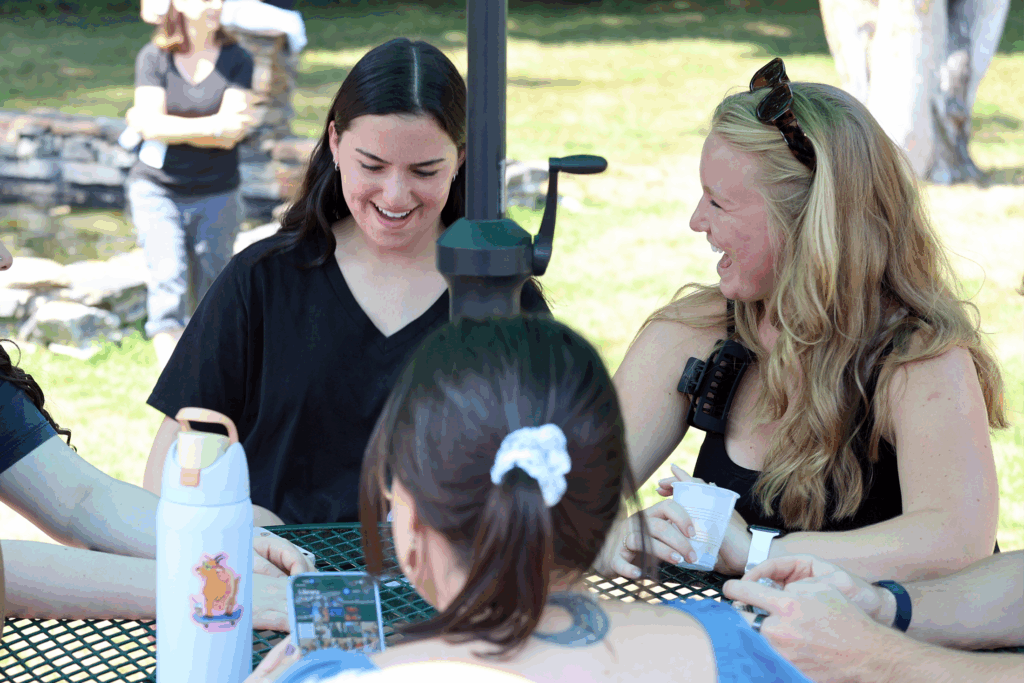
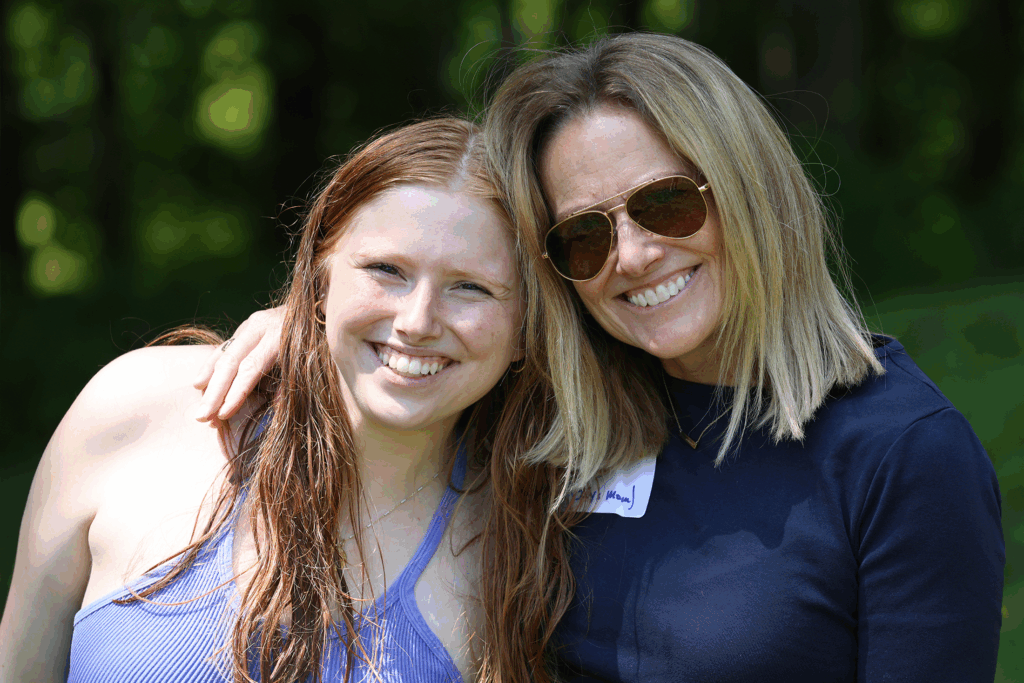
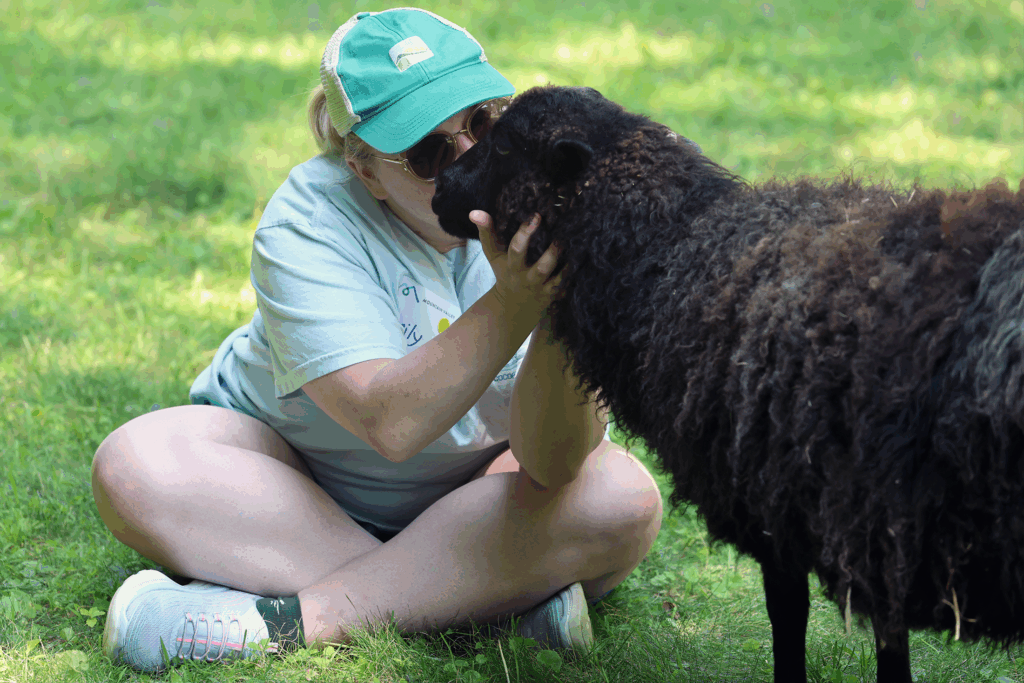
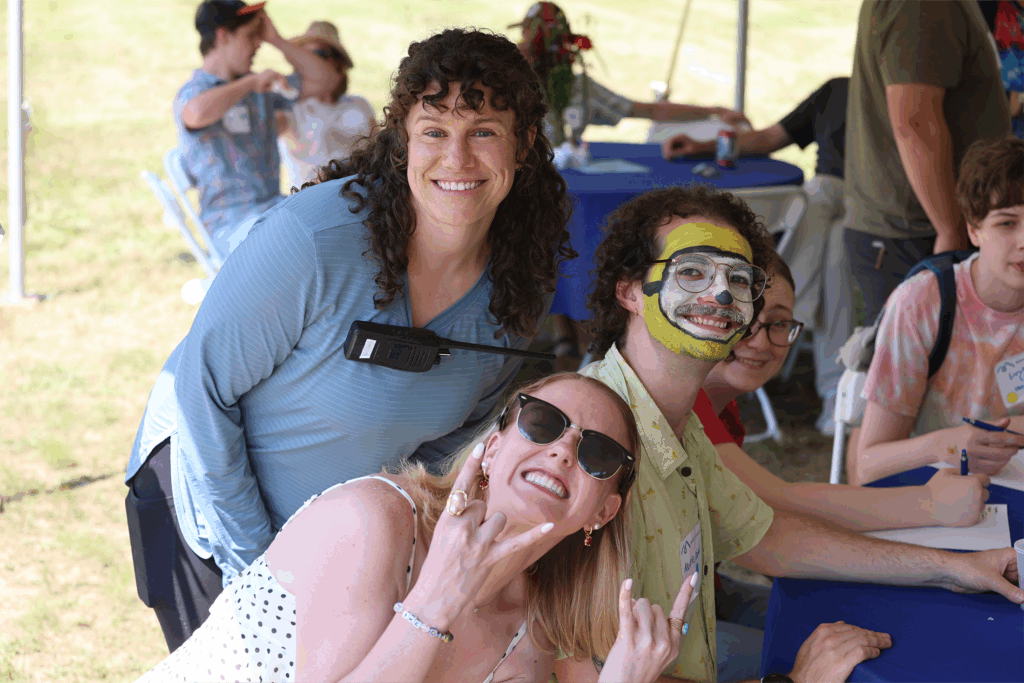
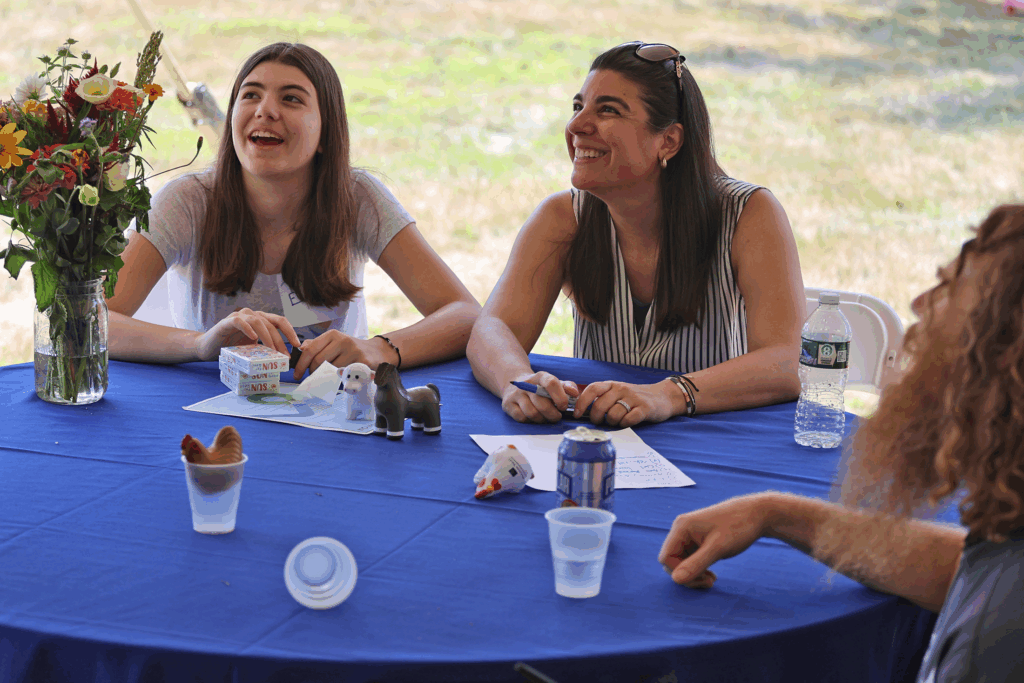
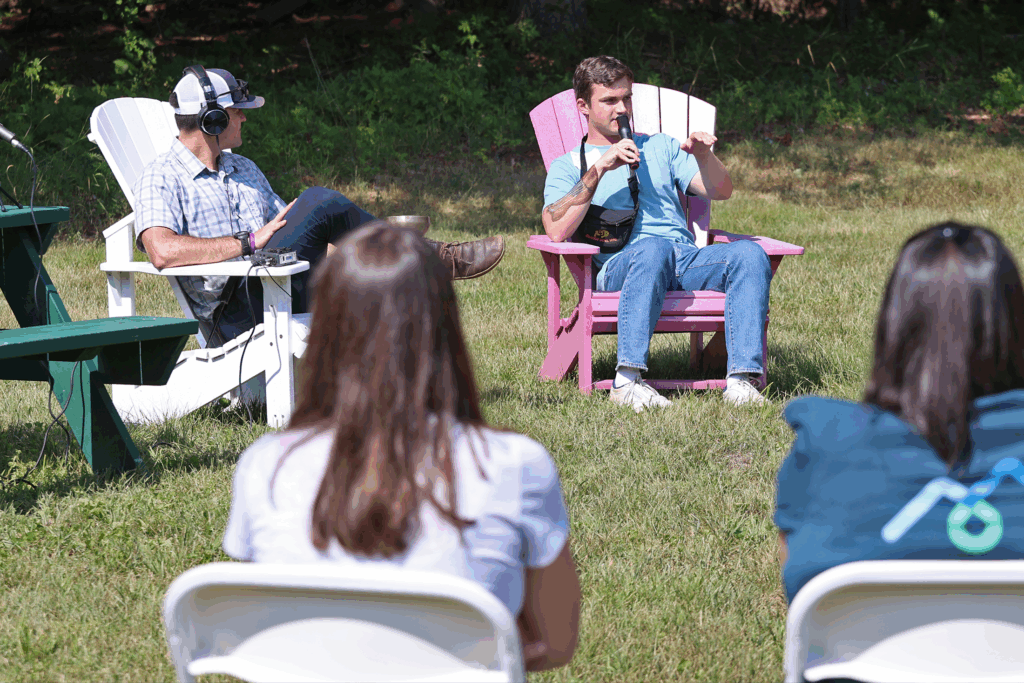
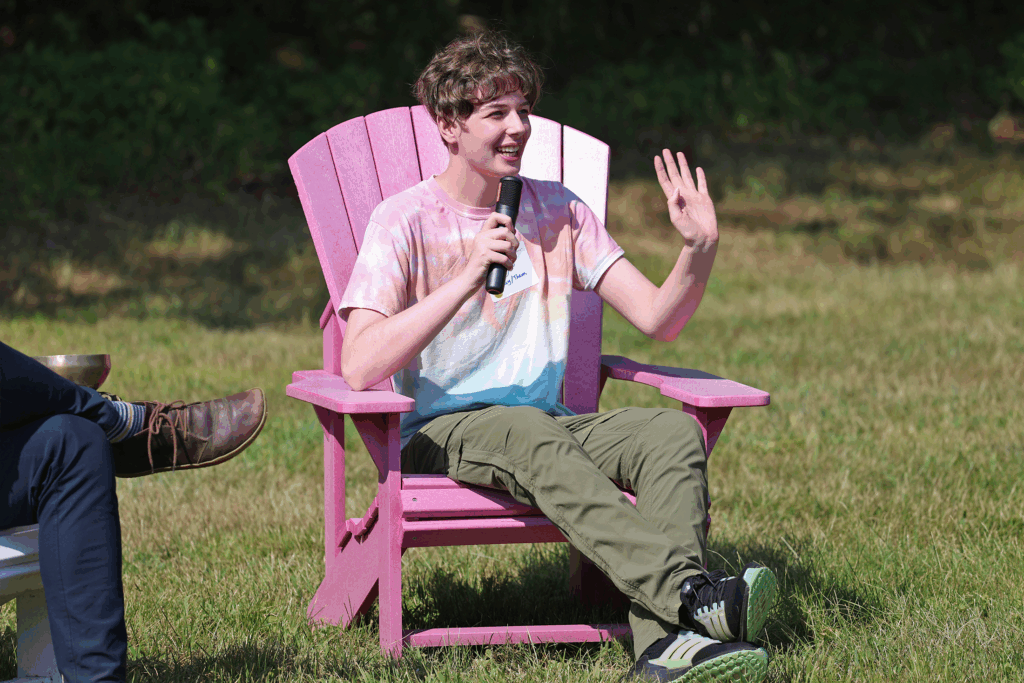
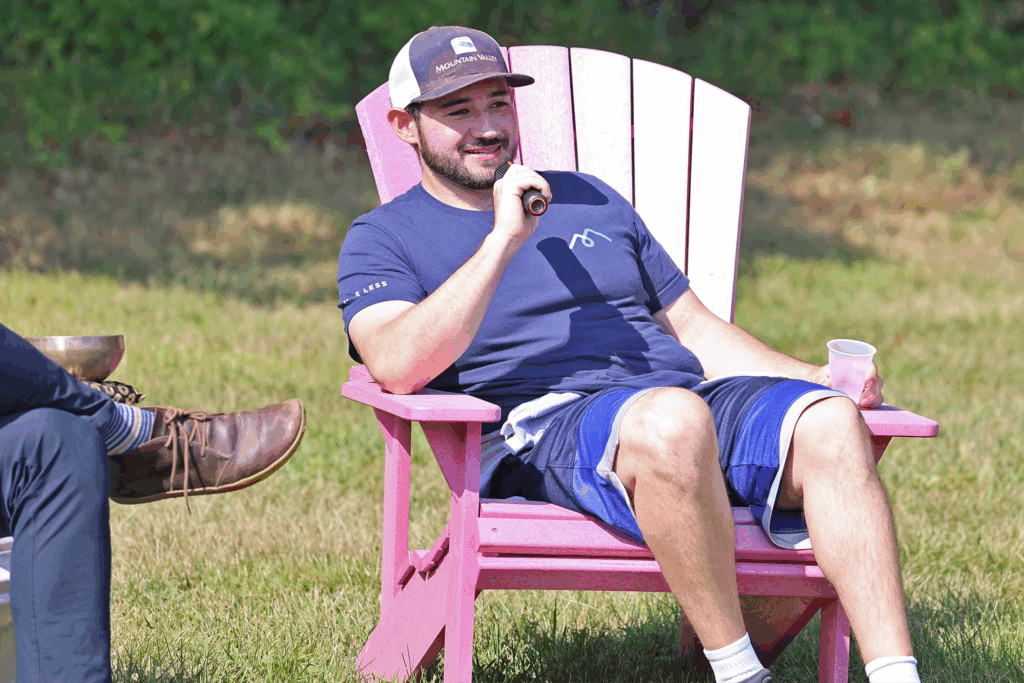
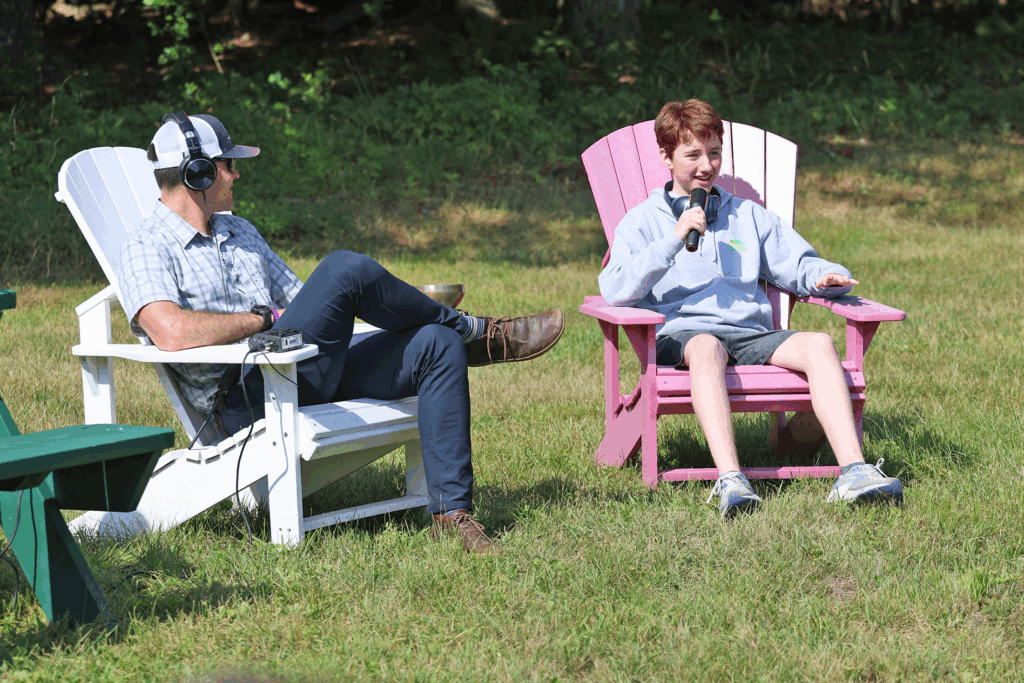
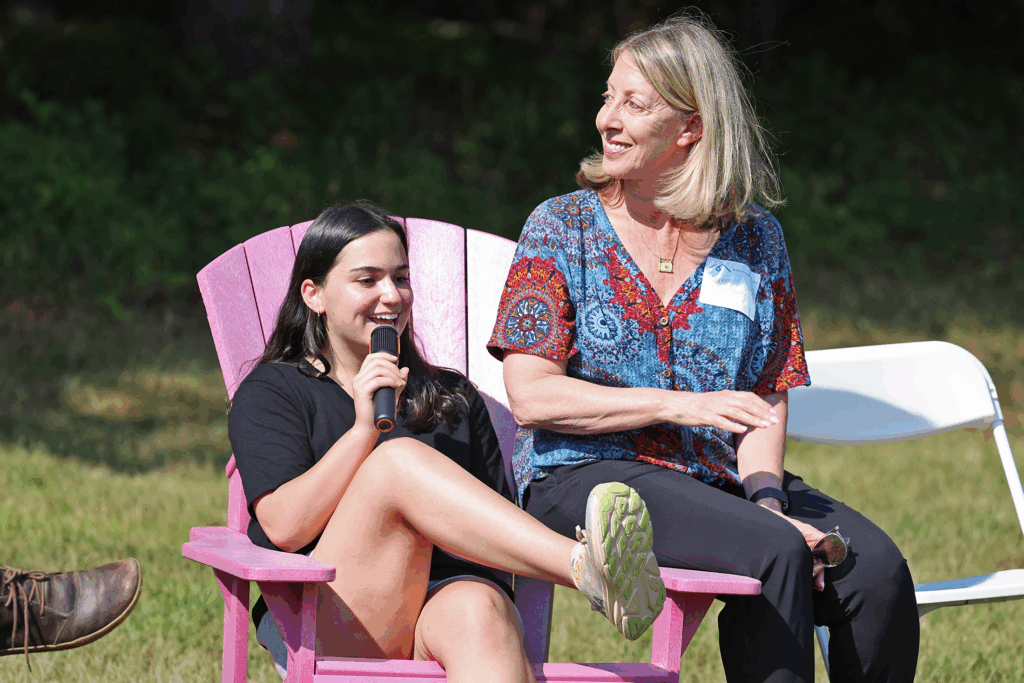
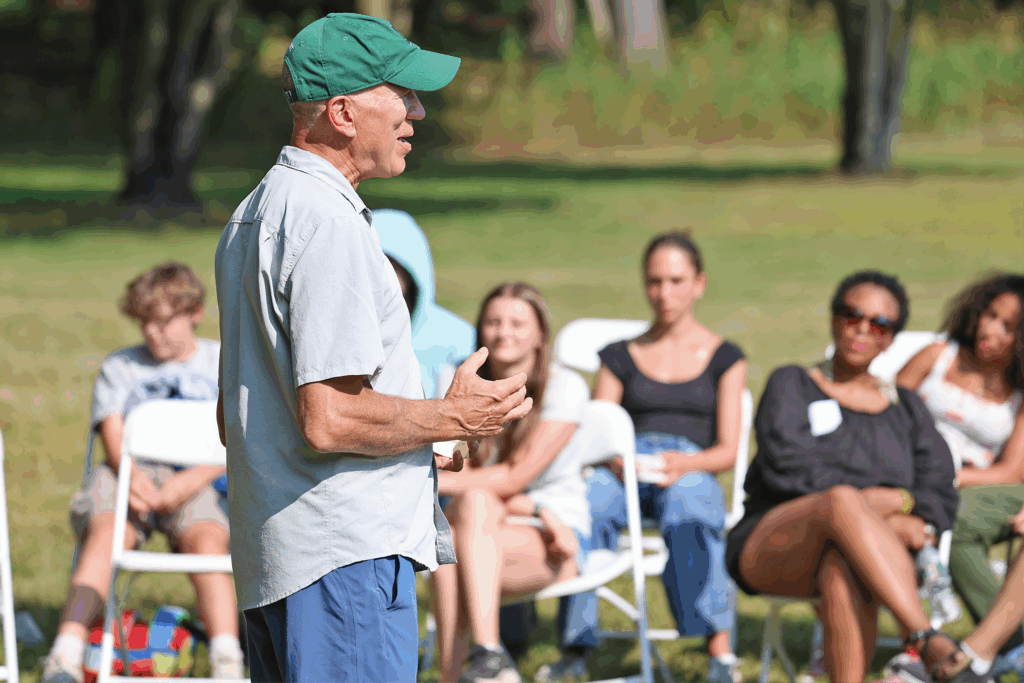
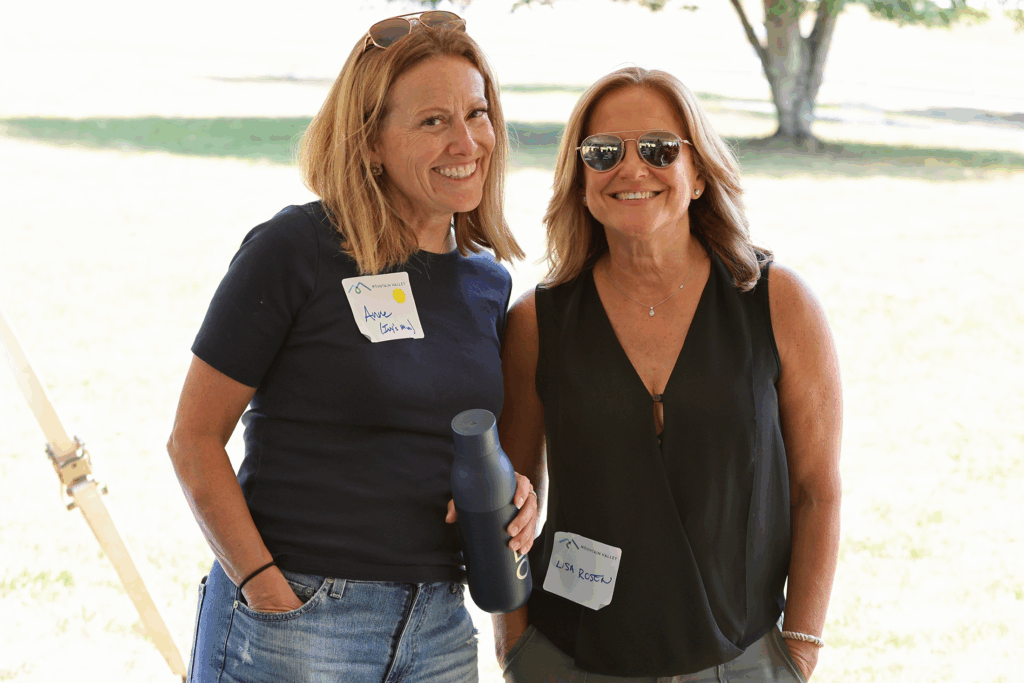
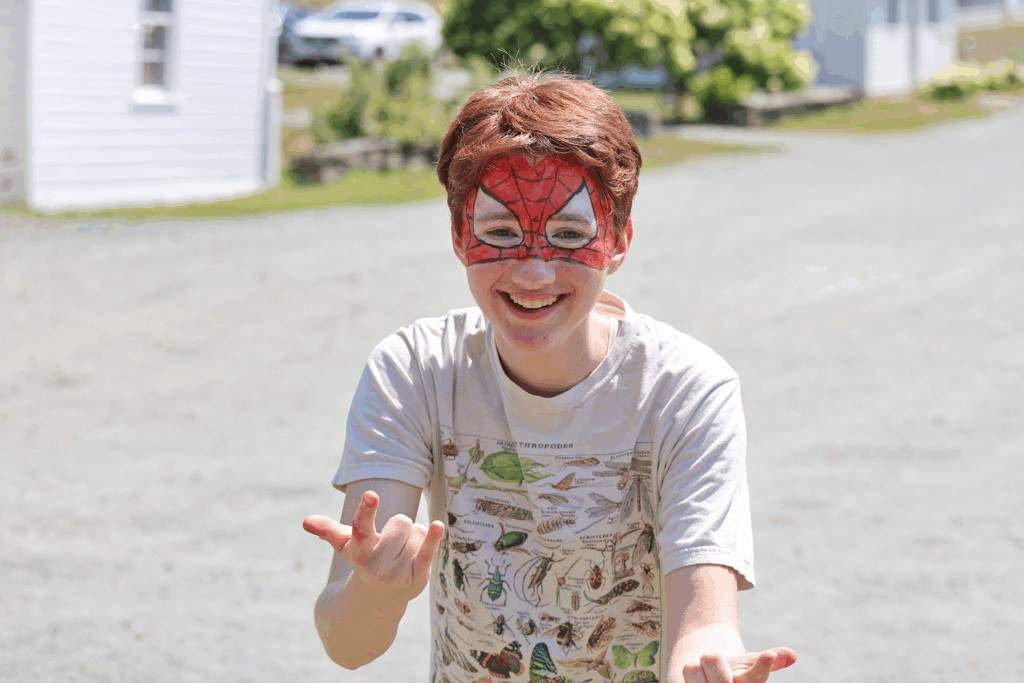
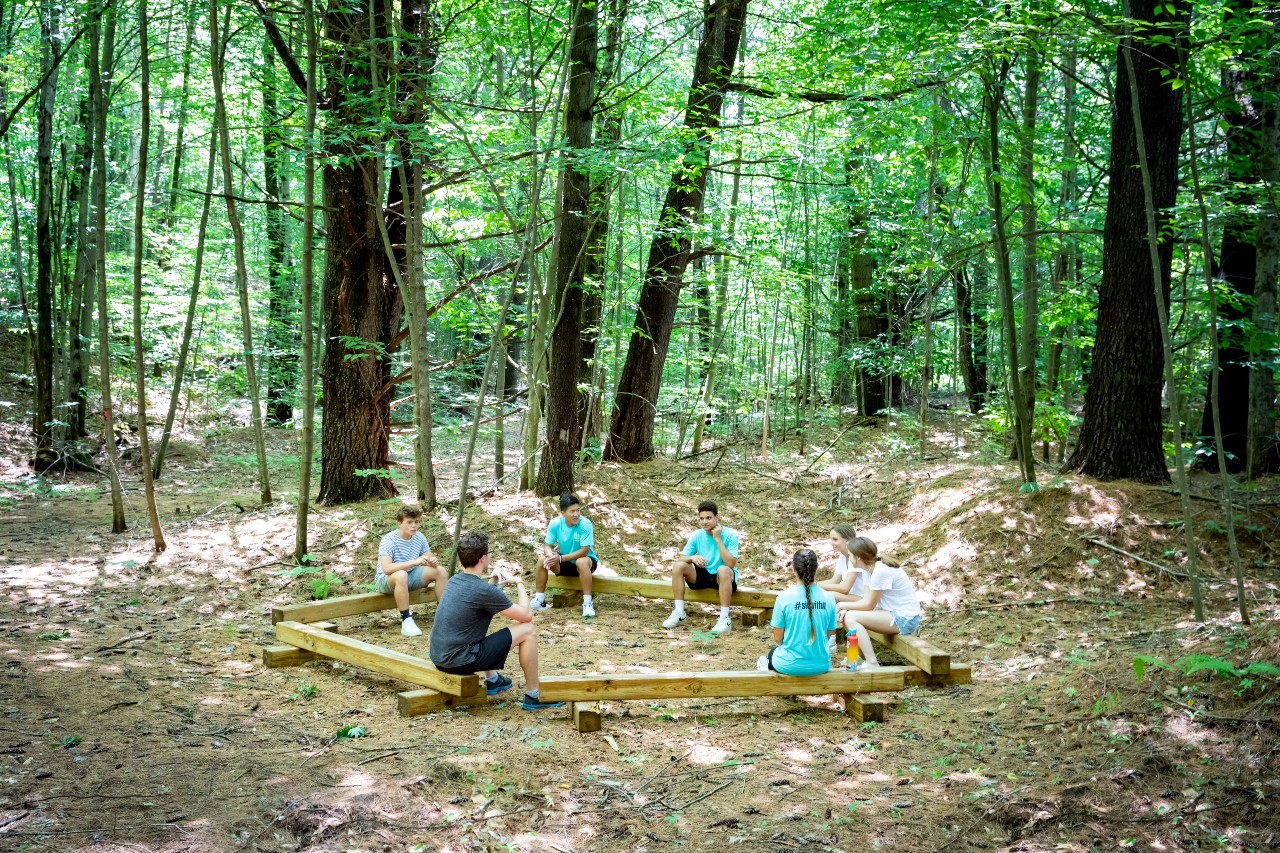
 Social Anxiety Disorder. It’s much more than just being shy or identifying as an introvert. It’s the debilitating fear of rejection and judgment. It’s desperately wanting close, meaningful relationships, yet avoiding others at all costs because that fear of rejection far outweighs the desire for social connection.
Social Anxiety Disorder. It’s much more than just being shy or identifying as an introvert. It’s the debilitating fear of rejection and judgment. It’s desperately wanting close, meaningful relationships, yet avoiding others at all costs because that fear of rejection far outweighs the desire for social connection.
 Dr. Tim DiGiacomo, Mountain Valley’s Clinical Director, shares with us why Exposure Therapy is so successful in treating anxiety and OCD.
Dr. Tim DiGiacomo, Mountain Valley’s Clinical Director, shares with us why Exposure Therapy is so successful in treating anxiety and OCD.
